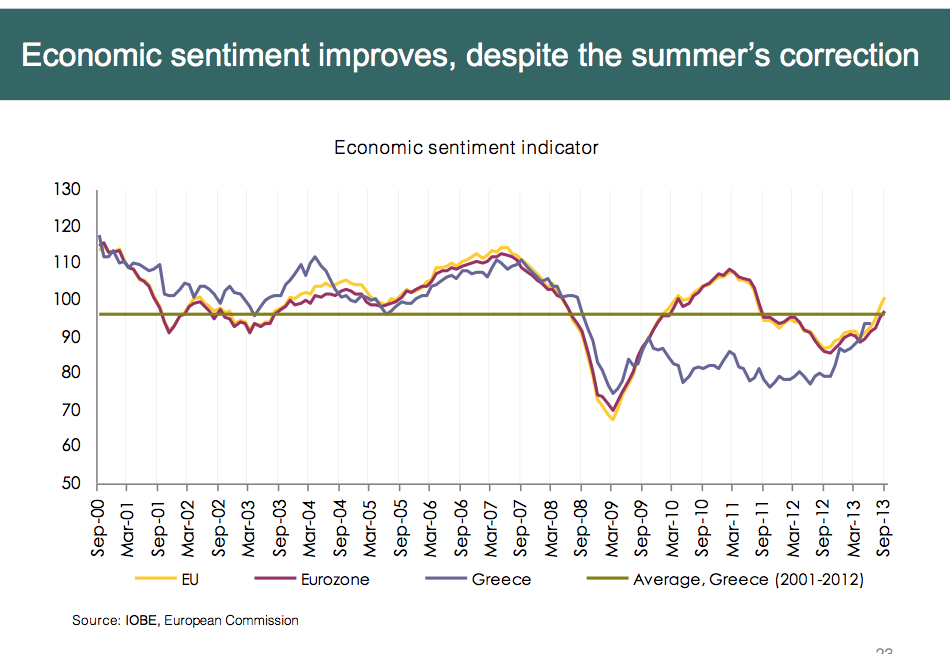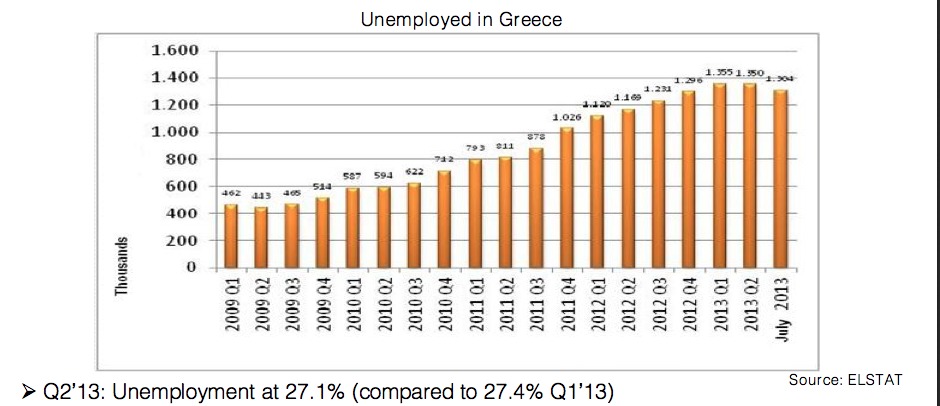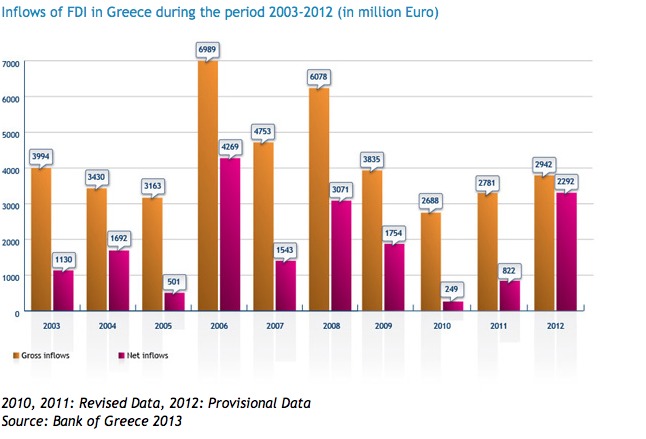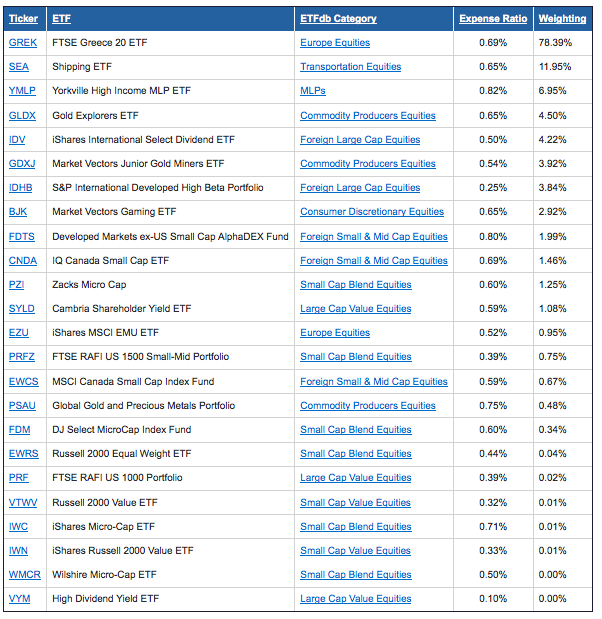So recently shunned, Greece is now a hot destination for high-risk investors – at least those with an iron-cast stomach. The Athens Stock Exchange General Index (ASE) is up 30% this year as of the end of October. Over the last 18 months it has also topped all national stock benchmarks worldwide, save Venezuela, data compiled by Bloomberg shows.
Despite one of the highest debt burdens on the planet, Greek debt has also enjoyed a big rally. NBG Asset Management and Eurobank Asset Management delivered returns of more than 100% in their fixed income funds in the past year, thanks to their big holdings of Greek government bonds, according this post by the Wall Street Journal.
Even deeply troubled economies, and Greece certainly fits that category, can enjoy mini-rallies from market lows. And there are plenty of reasons why investors should still be wary of Greece.
Despite deep cuts in government spending and debt forgiveness from creditors, the country’s fiscal picture is still actually worsening, with debt now clocking in at about 175 percent of gdp. The country’s bonds are rated deep in “junk” territory by credit rating agencies. The unemployment rate in Greece came in at about 27.1% in the second quarter.
The country has been experiencing a genuine depression over the last six years that has wiped out 30 percent of its gross domestic product. So why would any investor in his or her right mind go near the place? There is a credible case to be made that this Greek economic tragedy is nearing its final act.
JPMorgan’s Francesco Conte, who manages the European Small Cap Fund, is buying Greek stocks again such as Jumbo SA and jewelry maker Folli Follie SA after upgrading his outlook for Greece. Here’s what Conte told Bloomberg:
The outlook for the country has completely changed. I’m very overweight Greece because I find very, very good opportunities, very well-run companies and very cheap valuations. Greece is only just emerging from the crisis. Because they’ve cut their cost bases so low, the profitability growth is going to be enormous if we get positive GDP growth.
And some key economic metrics seem to show the worst may be over. The Foundation for Economic and Industrial, a Greek think tank, research recently compiled some data suggesting the Greek economy has turned a corner or may be close.
First off, after a tough summer, Greek economic sentiment indicators have improved in tandem with the euro zone.
And the jobless rate, while still astronomical, has ticked down slightly.
In 2012, net inflows of foreign investment capital into Greece during the same year increased rapidly, by 179%, according to the Bank of Greece. That suggests foreign investors and companies see a future for the Greek economy.
The IMF sees Greece contracting 4.2% this year, then achieving modest growth of 0.6% in 2014. Not spectacular, but it is actual growth.
If you still like the Greek story there are plenty of ETFs with exposure to that economy. Check out this list courtesy of the ETF database.
Photo Credit: Rojer
Disclaimer: All investments involve risk and various investment strategies will not always be profitable. International investing involves special risks, such as political instability and currency fluctuations. Past performance does not guarantee future results.







